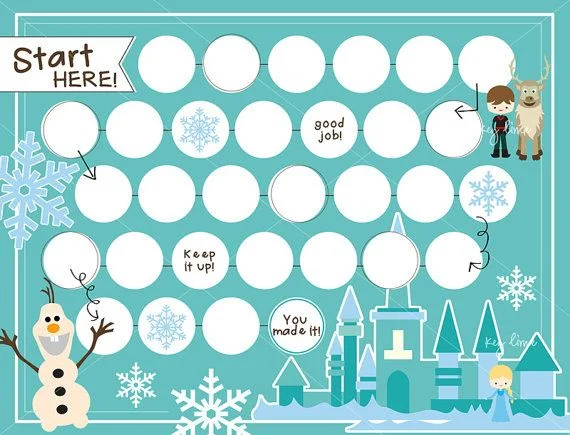Use of Rewards is extremely effective for kids, especially kids with Autism, ADHD, ODD (oppositional defiant disorder), and related issues.
Find out what motivates your child. Rewards should be very individualized, personalized, and will vary based on the child's interest, age, and availability.
Rewards do not always have to be something bought like new toys.
Rewards could be :
-extra time (like stay up late, extra time on computer/game, etc)
-extra attention (play a game with mom/dad, go out somewhere with parents, etc...)
-special choice (pick what's for dinner, pick the movie the family watches, etc)
-trip out (for ice cream, accompanying mom/dad anywhere, playground, out to eat, etc)
Ask the child what they would like to earn or work for, and then negotiate.
If the reward can match the behavior that's even better! Like if they get all their homework done early they get to play a game with mom/dad or read an extra story before bed. Or if they do their chores (like set the table for example) they can help mom make dinner, if they like).
Reward charts can be about one specific behavior you want to increase, or used for several behaviors. The amount of time it takes to fill the chart should vary. For young children it should be pretty easy and often to get rewards (daily, or several times per day for extreme behaviors you are trying to stop), for pre teen kids usually weekly works, for teens, it should take longer to get rewarded (rewards for teens might be getting or using a cell phone, access to the family car, going on a trip/school event, things like that.)
Reward charts are super easy to make, print out, or even buy. Here are some of my favorite sites to find pre-made reward charts...
Super nanny reward charts - info on how to make/use
Printable SuperNanny reward charts
Free printable reward charts
This site has alot of different types of charts
Chuck E Cheese Rewards - can't afford much? Use these Chuck E Cheese reward charts to get free tokens to play!
Types of reward charts:
Earn tokens/points/stickers to get to a goal (like need 10 stars to get reward)
Move along a track/up a chart/numbers to get to top/goal (move up from 1 to number 10 to earn reward)
Earn puzzle pieces to put entire puzzle together (earn the picture that is on the puzzle, or something else)
Opposite of a reward chart- a consequence chart could be losing tokens for misbehavior, or lose other things the child has/likes (take away a favorite toy, perhaps). I only suggest this method when you are trying to extinguish a behavior, not replace it with something else and rewards aren't working. Positive rewards are better, but you can try this strategy if that's not working or not possible with the type of behavior you are working on...
It's the "X" out the letters strategy.
For example a child keeps asking to go to the store when you already said No or Not now. Or a child keeps hitting or keeps doing something you want them to stop doing. A creative strategy I have used is to X out letters to something the child wants. For example I was working with a child who wanted to play with trains. I told him we have to do this and that first, then we can play trains. He kept asking me and I got really frustrated telling him same answer. So I wrote the word "TRAINS" on a white board, and told him every time he asks me I will X out a letter. If there are any letters left when we finish the work we were doing then we would play trains, if not, we wouldn't. After losing two letters, he got it and I never had a problem with that again! Another child I worked with wanted to go to the Pool but wasn't listening to what I was asking him to do- he kept screaming/making noises to be silly/clapping loudly for no reason, etc. So I drew 5 little pools on a paper, and I told him every time he does the screaming/misbehavior I would X out a pool. Once all the pools were gone, he couldn't go to the pool. He lost the pool one time (we used this method several times) and was usually pretty good after losing one X or two. Ive seen teachers use this method if the class is supposed to have a fun party and they are acting up that day (too excited or whatever). The teacher writes PARTY on the board, and every time the students are talking/not listening, etc she would X out a letter. They didnt want to lose that party so it was a good reminder to not get all the letters X'd out!





